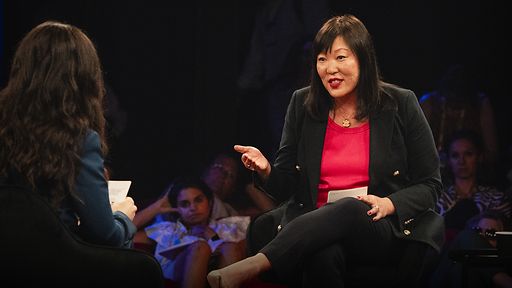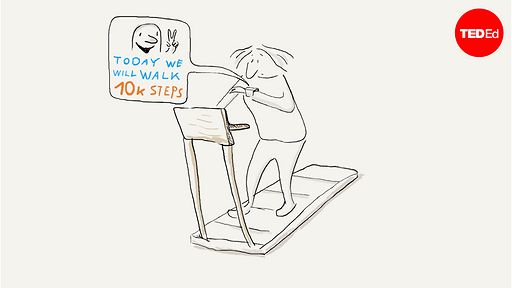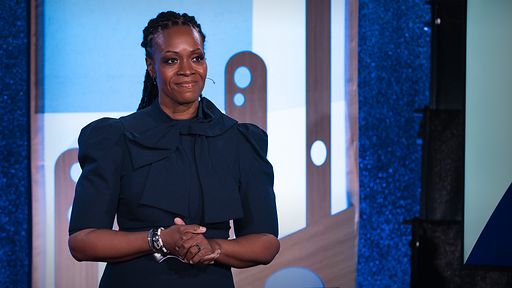Public health
A collection of TED Talks (and more) on the topic of Public health.
Video playlists about Public health
See all playlists on Public health
Talks about Public health
See all talks on Public health
Exclusive articles about Public health
Climate change has far-reaching effects on your health — let us count the ways
If we don't act on climate change, we’re looking at a future with more refugee camps, malnutrition, diarrheal disease and asthma. Here's why cutting out fossil fuels isn't just good for the planet -- it's critical for our health, says global health expert Jonathan Patz MD MPH.
Posted Aug 2021
How to have a COVID-conscious Thanksgiving: advice from a public health expert
The coronavirus numbers are climbing at an alarming rate across the US, and we all bear some responsibility for decreasing the number of cases and deaths. Here are 12 actions that you can take to do your part, from public health expert Pamela M. Aaltonen.
Posted Nov 2020
Overwhelmed by COVID information? 6 tips to help you know what and who to trust
Global health expert Alanna Shaikh shares how she stays on top of -- and not drowned by -- the tidal wave of COVID-19 news coming at all of us.
Posted Aug 2020



















